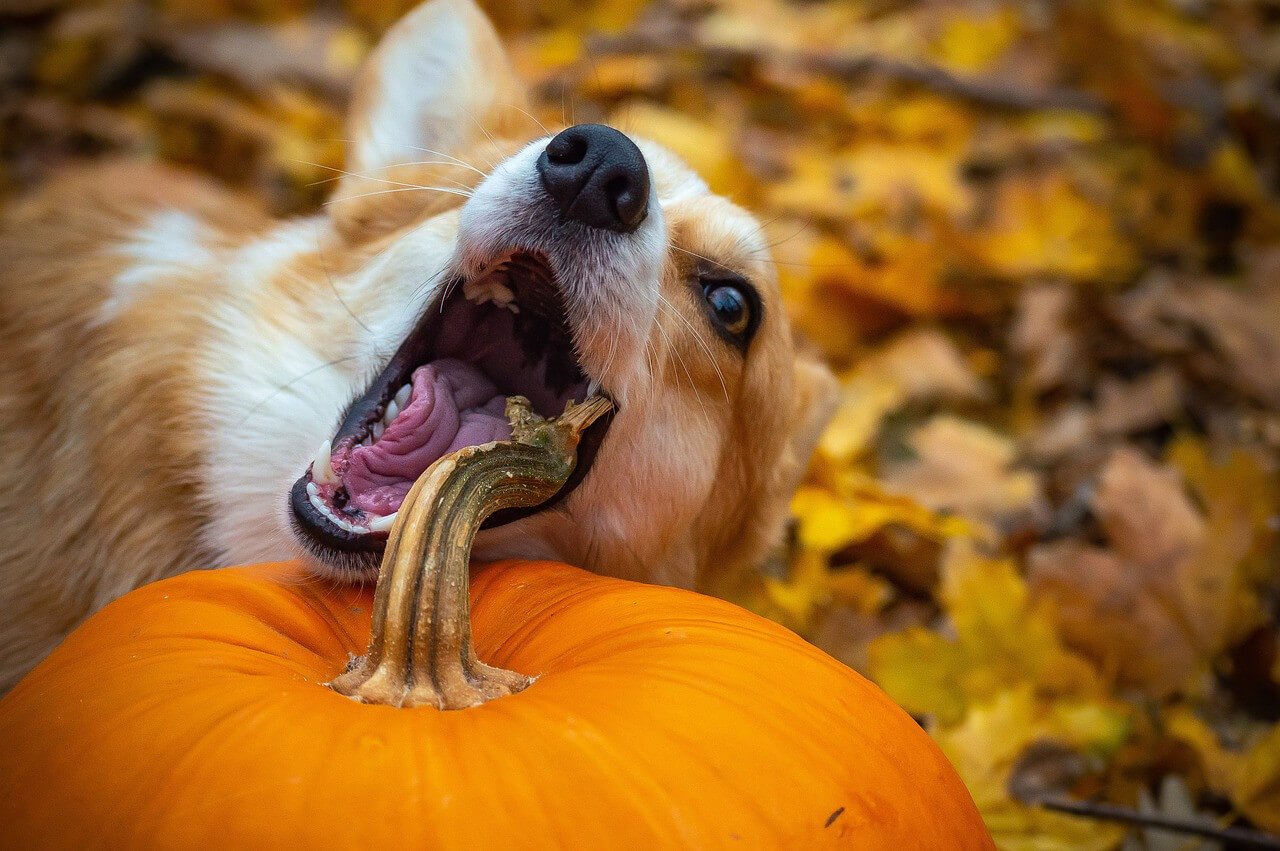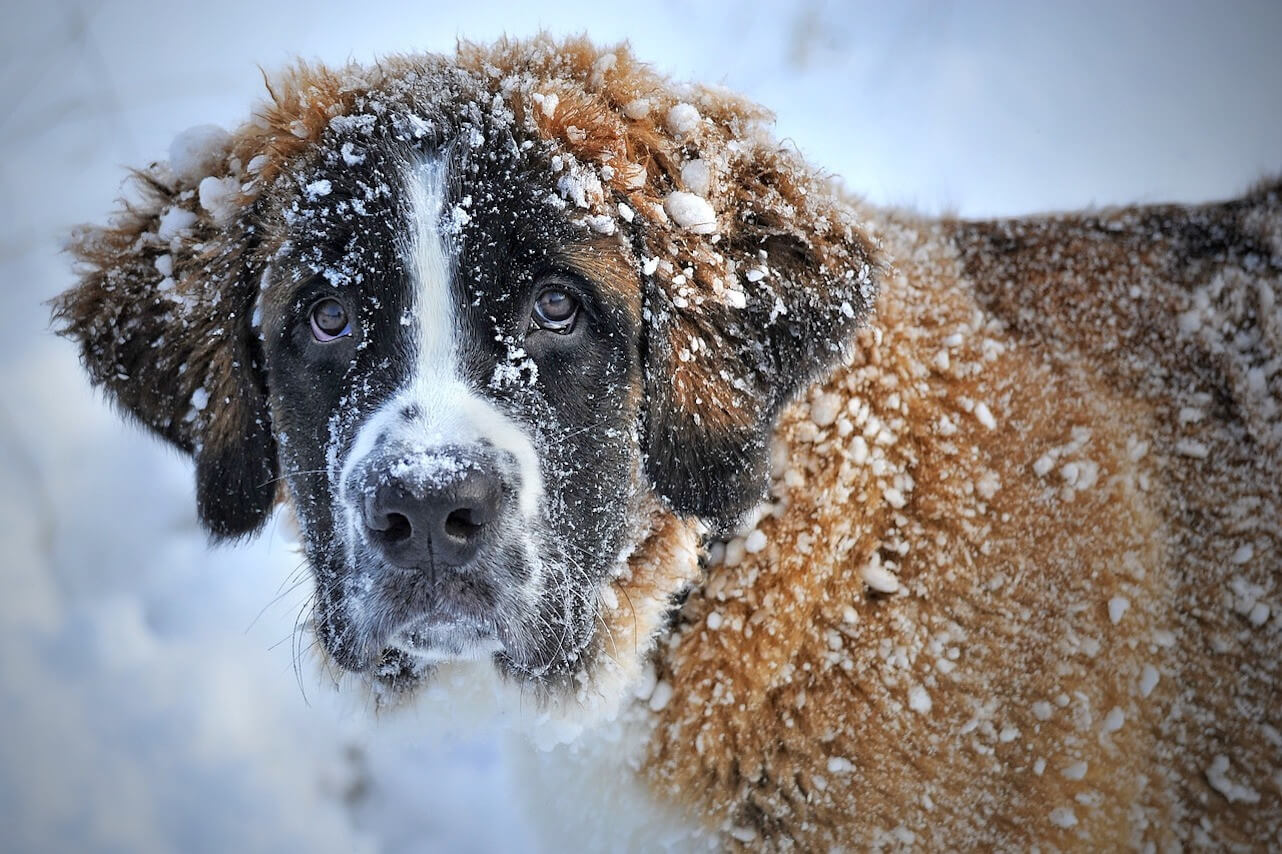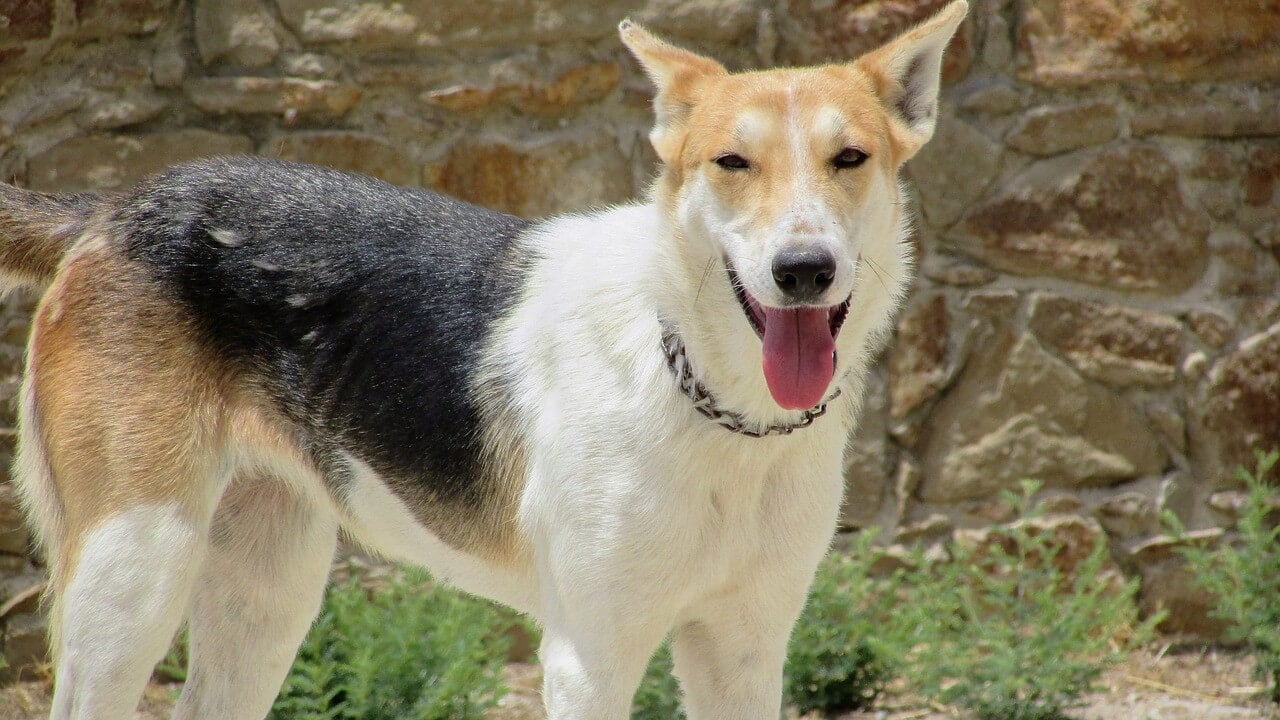Have you ever put down your pet's meal bowl, expecting the typical joyful tail wagging and eager munching, only to be met with an apathetic nose turn and retreat? Yes, I have been there. That panicked moment when you think, "Why on Earth isn't my beloved pup eating?" It's a worry that many of us dog owners have had, and it's guaranteed to send us into a tailspin. But, before you panic, consider some of the most typical causes of this sudden behavior shift.

Common Reasons Dogs May Not Eat
Dogs, just like humans, can have their off days. But when your furry buddy starts bypassing the food bowl more often than not, it's essential to get to the heart of the matter. From slight discomforts to more pressing health issues, the range of reasons for a dog's lack of appetite can be vast. So, let's explore some of the frequent culprits.
Dental Distress
If there's one thing dogs love, it's chomping down on their food. But what happens when every bite becomes a painful chore? Dental problems, ranging from inflamed gums to broken teeth or oral infections, can make mealtime a dreaded event.
Spotting the Signs: Bad breath, drooling more than usual, or even a visible swelling around the mouth area can be red flags. If your dog is pawing at its mouth or seems hesitant to chew, it's time to consult the vet.
Tummy Troubles
A little snack from the trash can or that mysterious thing they gulped down during the morning walk can wreak havoc on your dog's stomach. Gastrointestinal issues can lead to a temporary loss of appetite.
Spotting the Signs: Vomiting, diarrhea, or a bloated belly are telltale signs. If these symptoms persist, or if your dog's abdomen seems tender to touch, seek veterinary advice.
The Silent Illnesses
Not all health issues come with glaring signs. Chronic conditions like kidney diseases, liver problems, or even cancer can gradually diminish your dog's appetite.
Spotting the Signs: Changes in drinking habits, unexplained weight loss, or a sudden change in behavior are cues you shouldn't ignore. Regular check-ups can help catch and address these conditions early.
Behavioral Blues
Dogs are creatures of emotion. Stress, anxiety, or even a bout of doggy depression can impact their desire to eat. This can stem from changes in their environment, the loss of a companion, or even past traumas.
Spotting the Signs: A decreased interest in play, spending more time sleeping or hiding, or showing signs of anxiety like excessive licking can hint at underlying emotional issues. It might be time for some extra TLC or even a chat with a pet behaviorist.
The Picky Eater Predicament
Sometimes, the food itself might be the issue. A change in diet, the introduction of new treats, or even a bad batch of their usual kibble can lead to a temporary food strike.
Spotting the Signs: If your dog sniffs the food but doesn't eat it, or if they're trying to bury it, they might not be fans of the current menu. Experiment with different flavors or go back to a previously loved brand to reignite their appetite.
Deciphering the exact reason for your dog's dwindling appetite can feel daunting. But remember, you're not alone. Lean on the expertise of veterinarians and fellow dog parents. With patience, love, and a bit of detective work, you'll have your pup enthusiastically tail-wagging at mealtime once again.

How to Identify the Root Cause
Every dog owner wishes their furry friend could simply tell them what’s wrong when they aren’t feeling their best. But, in the absence of a dog-to-human translator, we're left playing detective. Identifying the root cause behind a decreased appetite involves keen observation, a systematic approach, and sometimes, a touch of intuition. Here's a step-by-step guide to help you unravel the mystery.
The Food Inspection
The Rationale: Sometimes, it's not about the dog, but the food itself. Check for any changes in the food's texture, smell, or appearance that might be turning your dog off.
What to Do:
Examine the food for any mold, off-odors, or unusual textures.
Ensure the food hasn’t passed its expiration date.
If you've recently switched brands or flavors, consider reverting to the old one temporarily.
The Environment Check
The Rationale: Dogs can be influenced by their surroundings. A noisy environment, frequent disturbances, or even the bowl's placement can impact their eating habits.
What to Do:
Ensure the feeding spot is calm and free from major disturbances.
Check the bowl and feeding utensils for cleanliness.
Some dogs prefer raised bowls, while others might want them on the floor. Experiment with different settings.
Behavior Watch
The Rationale: Behavioral changes often provide valuable clues. If your dog's reduced appetite is accompanied by other behavioral shifts, it could indicate stress, anxiety, or underlying health issues.
What to Do:
Observe your dog's overall behavior. Are they more lethargic, anxious, or showing signs of discomfort?
Monitor for changes in sleeping patterns, play interest, or interaction with other pets and people.
If there’s been a recent change in their environment (like a move or a new family member), give them time to adjust.
Physical Examination
The Rationale: Sometimes, a hands-on approach can reveal a lot. Gently examining your dog can help spot potential physical discomforts.
What to Do:
Check the mouth area for any swelling, bleeding, or signs of dental distress.
Gently feel the belly. A hard or bloated stomach could indicate gastrointestinal issues.
Look for any external injuries, lumps, or signs of discomfort.
Professional Consult
The Rationale: While home observations can provide insights, certain issues require a professional touch. Vets have the expertise and tools to diagnose deeper issues.
What to Do:
Schedule a check-up if your dog's appetite doesn't improve or if you notice other concerning symptoms.
Keep a diary of your dog's eating habits and any behavioral changes. This can provide valuable information to the vet.
If the physical health checks out, consider consulting a pet behaviorist.

What to Do if Your Dog Isn’t Eating
When our canine companions, usually full of energy and zest, start bypassing their meals, it's a sight that tugs at our heartstrings. While it's natural to feel anxious, remember that with the right approach, you can coax them back to their munching ways. Here’s a well-rounded action plan to guide you through these trying times.
Mix it Up: Dogs crave variety, just like humans do. Introduce new flavors, mix wet food with dry kibble, and add broth or canine-friendly gravy to make meals more appealing.
The Hand-Feeding Approach: Hand-feeding can create a personal bond and help a reluctant dog start eating. Use gentle words and gradually transition back to the bowl once the dog starts eating.
The Right Environment: A calm, pleasant eating environment can significantly influence a dog's appetite, so choose a quiet spot, clean the area, and play soft music.
Treats and Toys: Providing fun mealtime experiences for dogs can spark their interest, including using treat-dispensing toys, engaging in games, and rewarding them with treats for consuming portions.
Stay Calm and Positive: Dogs are sensitive to human emotions, so approach mealtime calmly, offer praise, and seek support if overwhelmed.
Consultation Time: If DIY interventions don't work or appetite loss persists, consult a vet, keep a log of eating habits, and consider consulting a pet behaviorist if health concerns are confirmed.
When to Seek Veterinary Help
While occasional loss of appetite can be chalked up to mood swings or minor disturbances, prolonged or dramatic changes in eating habits often indicate more pressing issues. Being a diligent pet parent means recognizing when professional intervention becomes essential. So, when should you pick up the phone and call your vet? Here's your guideline.
Extended Fasting: Prolonged fasting in dogs is concerning, and if they haven't eaten for over 48 hours, it's time to consult a vet and monitor any behavioral changes.
Accompanying Symptoms: Reduced appetite and other health symptoms suggest underlying issues. Watch for vomiting, diarrhea, excessive thirst, lethargy, coughing, labored breathing, distended abdomen, and sudden weight loss. Seek professional help.
Behavioral Changes: Changes in your dog's behavior can indicate pain, discomfort, or emotional distress. Seek a vet if aggressiveness, withdrawal, or shifts in routine are present, as obsessive behaviors can indicate distress.
Recent Incidents or Trauma: Accidents or altercations can delay appetite in dogs, so check them for signs like reluctance, limping, or side favoring, which may indicate hidden injuries.
Age and Underlying Conditions: Senior dogs and those with known health issues may require frequent vet consultations for routine checks and prompt attention to appetite changes.
Conclusion
Our dogs aren't just pets; they're family. And just like any family member, their well-being is paramount. An occasional missed meal might not sound the alarm, but it's crucial to remember that these little signs are their only way of communicating with us.
Loss of appetite in dogs, as we've explored, can stem from various factors. It could be as benign as a moody day or as severe as an underlying health issue. But, no matter the cause, it's your attentiveness, care, and timely intervention that can make all the difference.
Reference: https://www.akc.org/expert-advice/health/why-wont-my-dog-eat/




